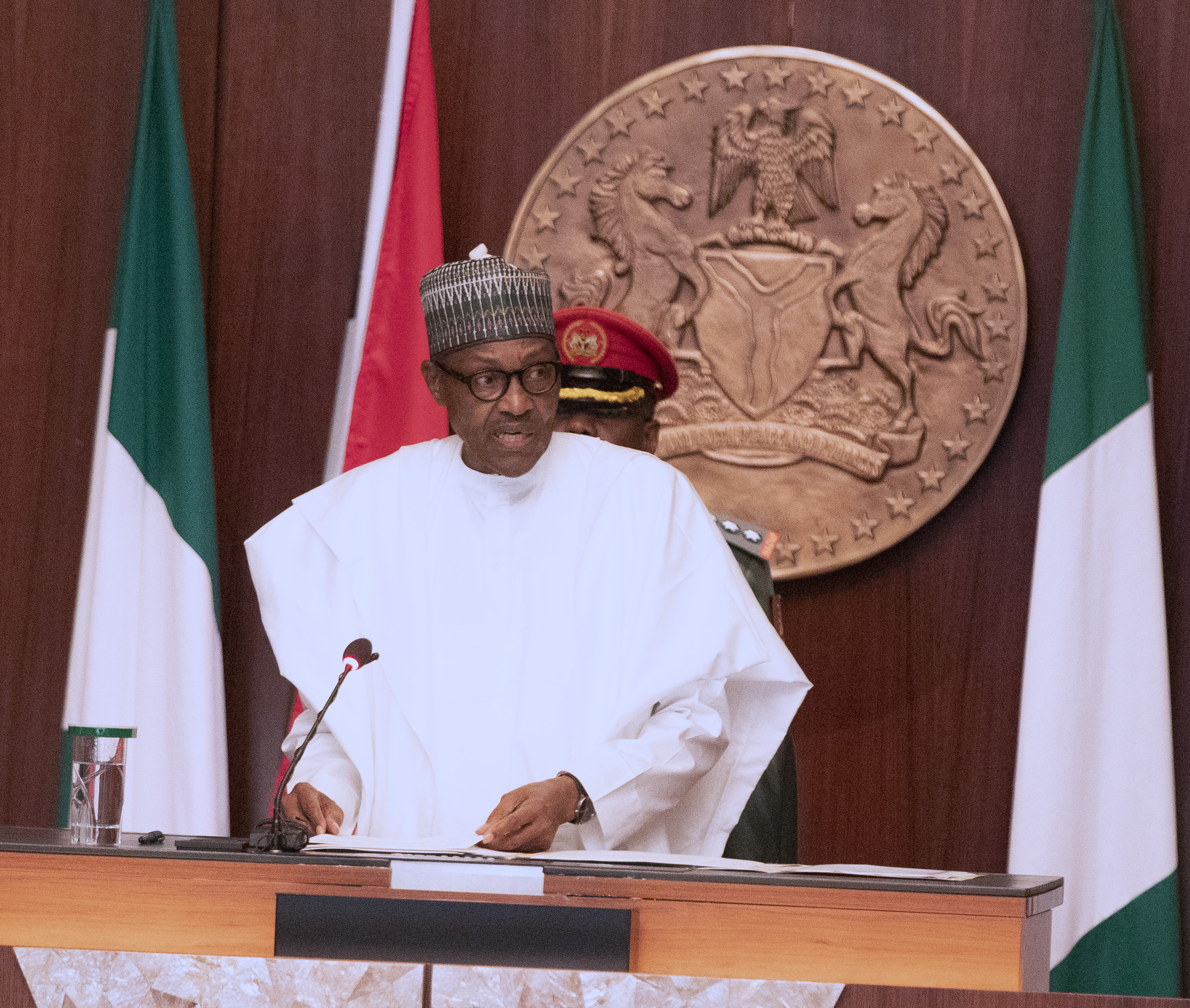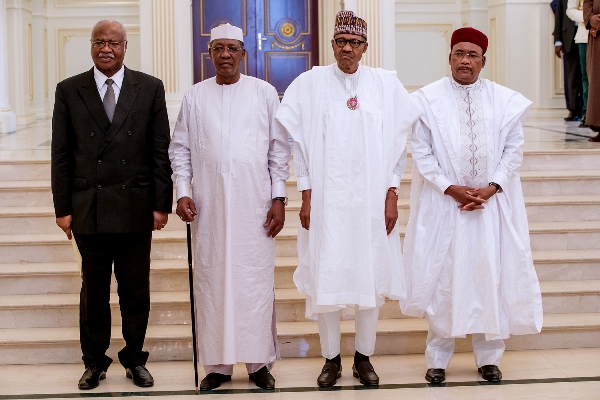
Nigeria has exempted some 20 basic food items, including meat, poultry and table water and sanitary pads from the 7.5 per cent increase in Value Added Tax (VAT) which takes effect on February 1, 2020.
Mr Laolu Akande, the Senior Special Assistant to the President on Media & Publicity Office of the Vice President, said on January 19, 2020, the move was to ensure that the cost of living does not rise for Nigerians.
Several basic food items, locally manufactured sanitary towels, pads and tuition relating to nursery, primary, secondary and tertiary education have been added to the exemption list of goods and services on the VAT under the Finance Bill 2019, signed by President Muhammadu Buhari last week, on the 13th January 2020.
The food include additives (honey), bread, cereals, cooking oils, culinary herbs, fish, flour and starch, fruits (fresh or dried), live or raw meat and poultry, milk, nuts, pulses, roots, salt, vegetables, water (natural water and table water).
Amongst other benefits, the law will consolidate efforts already made in creating the enabling environment for improved private sector participation and contribution to the economy as well as boost states’ revenues.
According to the President, “the Finance Bill will support the funding and implementation of the 2020 Budget. We shall sustain this tradition by ensuring that subsequent budgets are also accompanied by a Finance Bill.”
Below are the details:
The Finance Bill, 2019 was submitted to the National Assembly by President Muhammadu Buhari alongside the 2020 Appropriation Bill, and signed into law by the President on January 13, 2020.
The Bill, now an Act, has the following objectives:
Promoting fiscal equity by mitigating instances of regressive taxation;
Reforming domestic tax laws to align with global best practices;
Introducing tax incentives for investments in infrastructure and capital markets;
Supporting Micro, Small and Medium-sized businesses in line with the administration’s Ease of Doing Business Reforms; Raising Revenues for Federal, State and Local Governments.
FACTSHEET ON NEW FINANCE ACT 2019
The new Act is the first legislation created to accompany an Appropriation Act since the return of democracy in 1999.
The new Act raises VAT from 5% to 7.5%.
To allay fears that low-income persons and companies will be marginalized by the new law, reduce the burden of taxation on vulnerable segments, and promote equitable taxation, the Finance Act 2019 has extended the list of goods and services exempted from VAT. The additional exemptions include the following:
Basic food items – Additives (honey), bread, cereals, cooking oils, culinary herbs, fish, flour and starch, fruits (fresh or dried), live or raw meat and poultry, milk, nuts, pulses, roots, salt, vegetables, water (natural water and table water)
Locally manufactured sanitary towels, pads or tampons.
Services rendered by microfinance banks
Tuition relating to nursery, primary, secondary and tertiary education.
Nigeria’s increased new VAT rate of 7.5% is still the lowest in Africa, and one of the lowest anywhere in the world. (South Africa VAT: 15%; Ghana: 12.5%; Kenya: 16%; Egypt: 14%; Rwanda: 18%; Senegal: 18%)
Under Nigeria’s revenue sharing formula, 85% of collected VAT goes to States and Local Governments. This means that the bulk of additional VAT revenues accruing from the increase will go towards enabling States and Local Governments meet their obligations to citizens, including the new minimum wage as already noted by State Governors. Before now, the Buhari administration had firmly resisted previous suggestions to raise VAT.
The new Finance Act exempts Businesses with turnover below 25 million from VAT payments.
Companies Income Tax (CIT)
Under the new law small companies – companies with less than N25 million in annual turnover are charged Zero CIT.
CIT for Companies with revenues between N25 and N100m (described in the Act as “medium-sized” companies) has been reduced from 30% to 20%
Large companies – with annual turnover greater than N100m – will continue to pay the standard 30% CIT
The new Act includes a provision that grants to all companies “engaged in agricultural production” in Nigeria “an initial tax-free period of five years”, renewable for an additional three years.
The new Act also provides incentives to promote tax compliance through bonus reductions in CIT for early remittance:
2% bonus for medium-size companies
1% bonus for other companies.
Personal Income Tax Act
The new Act now includes “electronic mail” as an acceptable form of correspondence for persons disputing assessments by the Tax Authorities.
Contributions to Pension and Retirement Funds, Societies and Schemes are now unconditionally tax-deductible.
Stamp Duty Act
With the new Act, the N50 Stamp duty charge is now applicable only to transactions amounting to N10,000 and above, a significant increase on the former threshold of N1,000.
The new Act also expands the list of items exempted from stamp duty.
Customs and Excise Tariff
To reduce unfair advantages previously conferred on imported goods at the expense of locally manufactured ones, certain imported goods are now subject to excise duties similar to locally manufactured goods












